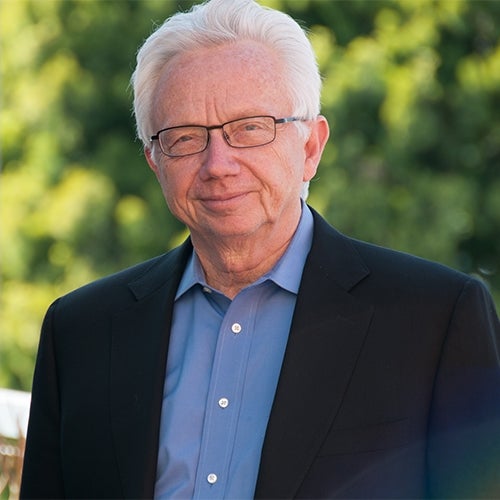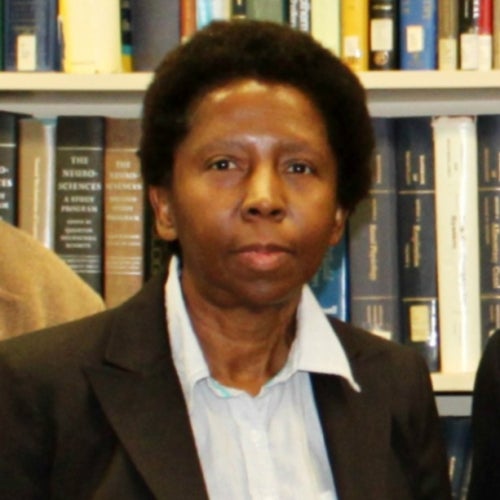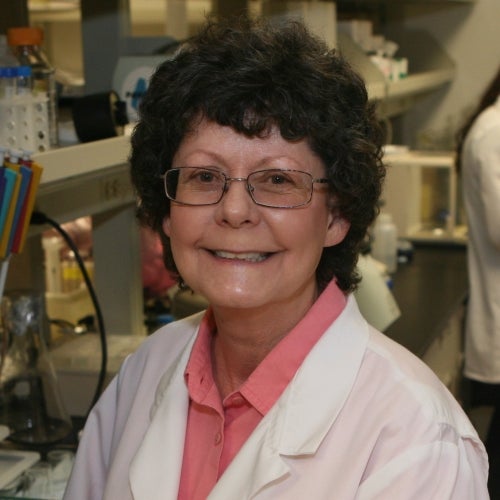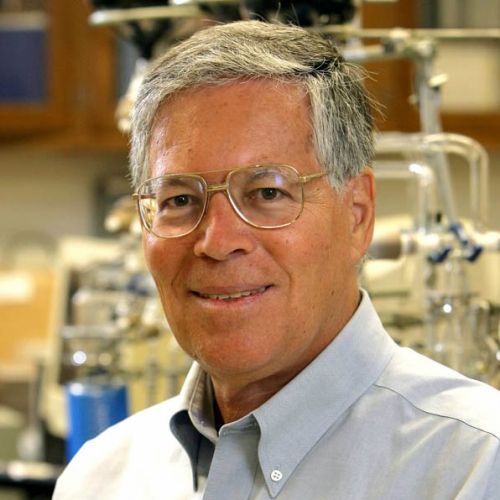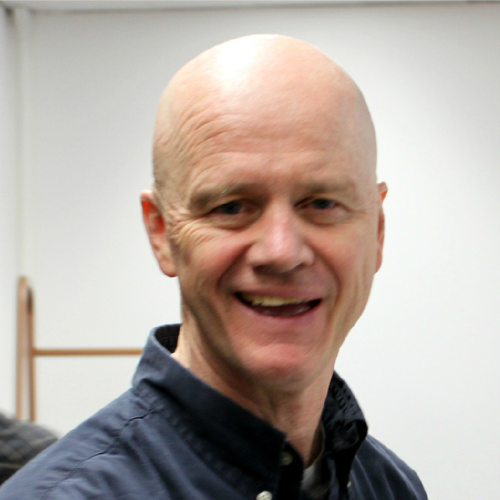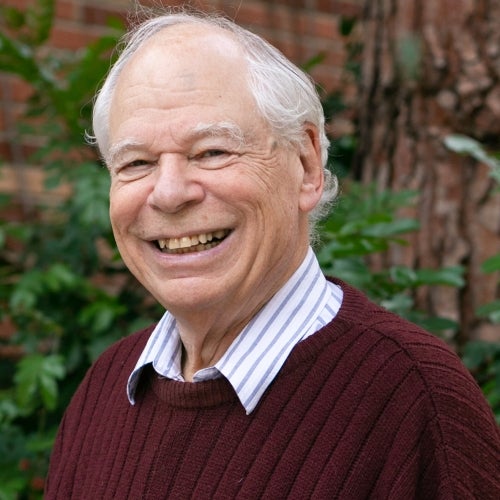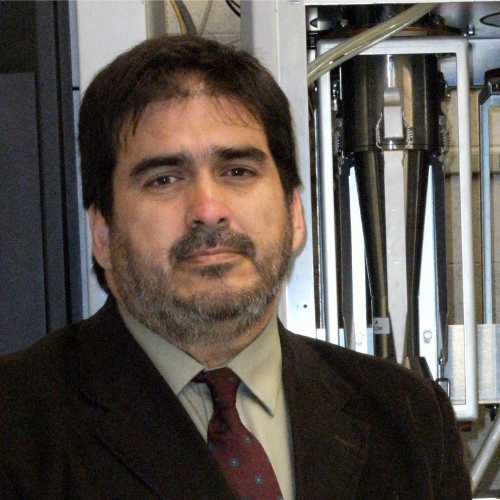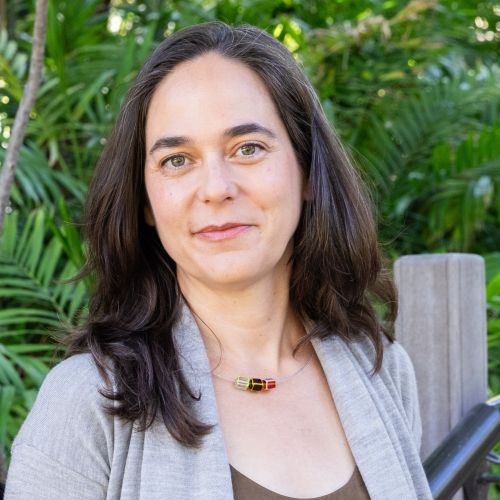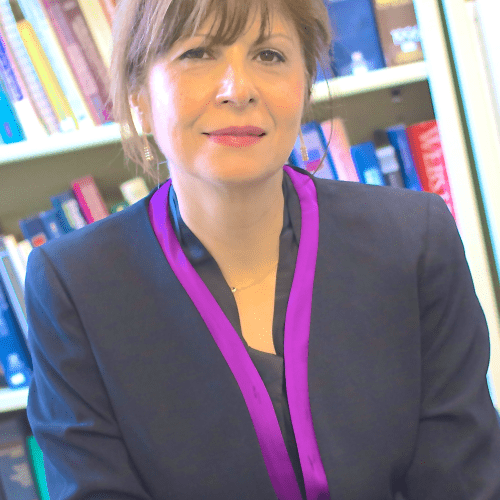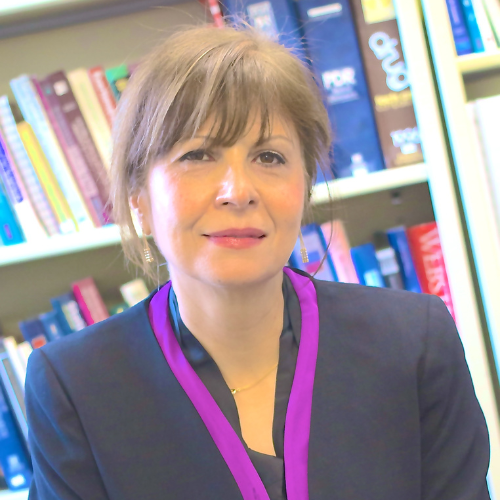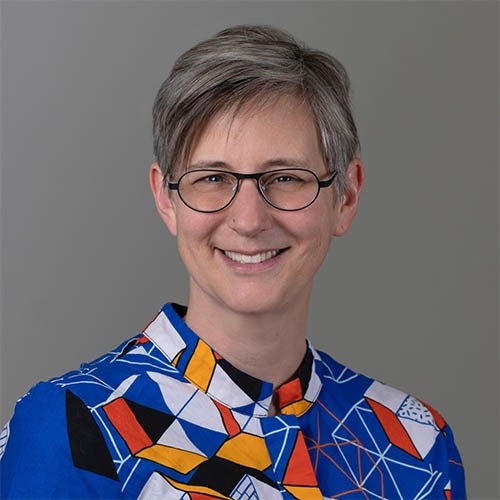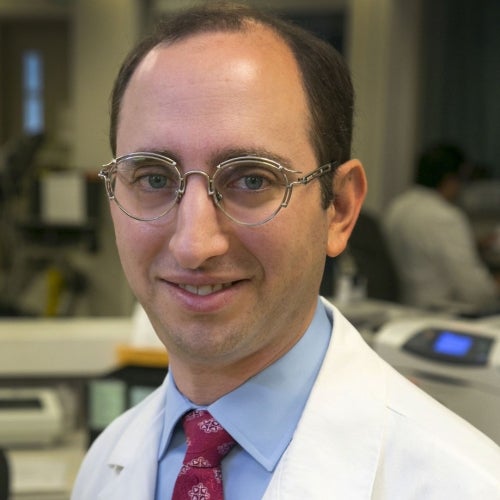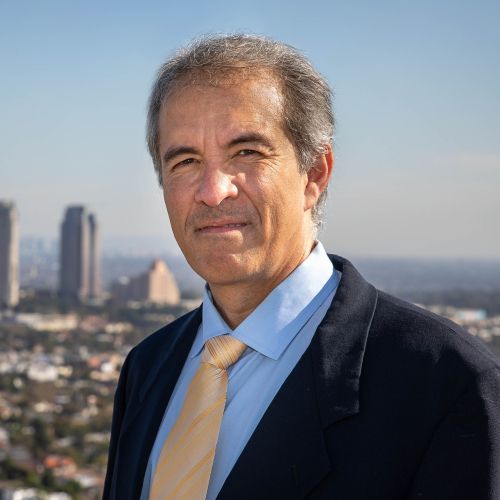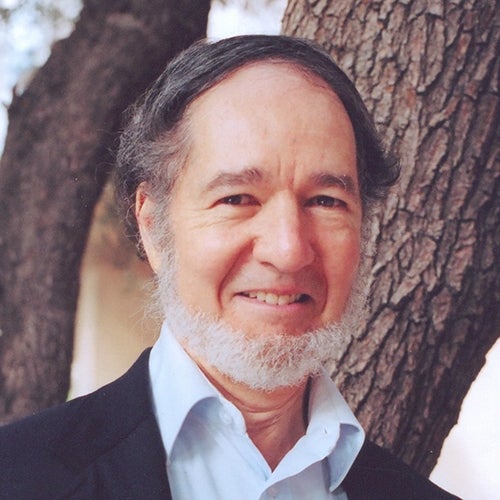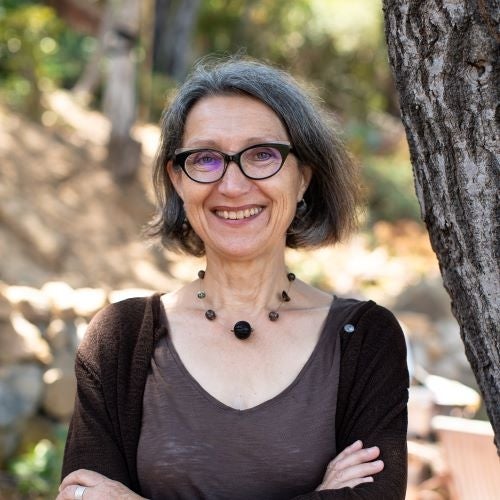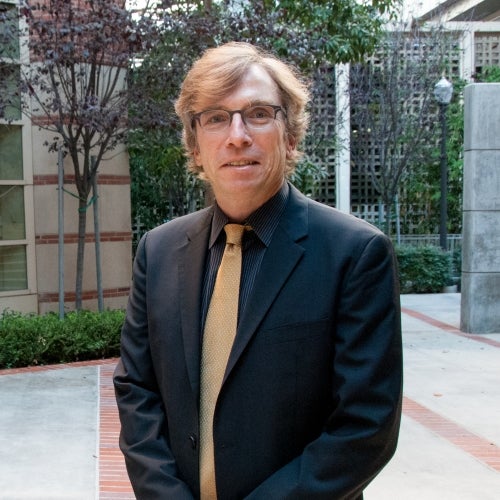UCLA Fielding School of Public Health joins consortium to address environmental change and its health impacts
The UCLA Fielding School of Public Health (FSPH) has joined the Planetary Health Alliance (PHA).

The UCLA Fielding School of Public Health (FSPH) has joined the Planetary Health Alliance (PHA), a consortium of more than 200 universities, research institutes, and government agencies committed to understanding and addressing global environmental change and its health impacts.
“Joining the PHA will give FSPH new opportunities to engage in the emerging field of planetary health, which addresses the complex and interconnected health and environmental issues the world faces today,” said Yifang Zhu, Fielding School of Public Health professor of environmental health sciences and associate dean for academic programs. “Being part of the PHA community will provide FSPH students and faculty with research and networking opportunities with other universities around the world.”
Launched with the support of the Rockefeller Foundation in 2016, the Planetary Health Alliance focuses on advancing research focused on planetary health, a field of science that is focused on characterizing the human health impacts of human-caused disruptions of Earth's natural systems.
The PHA, which also seeks to advance education and policy, includes institutions from more than 40 countries and is supported by a secretariat based at Harvard and a steering committee of international experts. Member institutions include the American Public Health Association, the California Academy of Sciences, and the University of California Global Health Institute, among others.
At the UCLA Fielding School of Public Health, the PHA’s liaison will be Miriam Marlier, assistant professor of environmental health sciences, who previously collaborated with other PHA members when she was at Columbia University in New York. Marlier, whose research focuses on wildfires and the use of remote sensing to improve disaster response in the United States, India, and Indonesia, came to UCLA FSPH this year from the RAND Corporation in Santa Monica, California, where she studied similar questions.
“The Planetary Health Alliance does fantastic work and the partnership is a great fit for our school—PHA brings together people in academics as well as practitioners,” said Marlier, a UCLA alumnus who earned her doctorate at Columbia. “It’s unique and really helpful to have that sort of opportunity where you’re connecting people who are doing basic research with people who are more tied to the policy and implementation side.”
The UCLA Fielding School of Public Health, founded in 1961, is dedicated to enhancing the public's health by conducting innovative research, training future leaders and health professionals from diverse backgrounds, translating research into policy and practice, and serving our local communities and the communities of the nation and the world. The school has 690 students from 25 nations engaged in carrying out the vision of building healthy futures in greater Los Angeles, California, the nation and the world.
Faculty Referenced by this Article
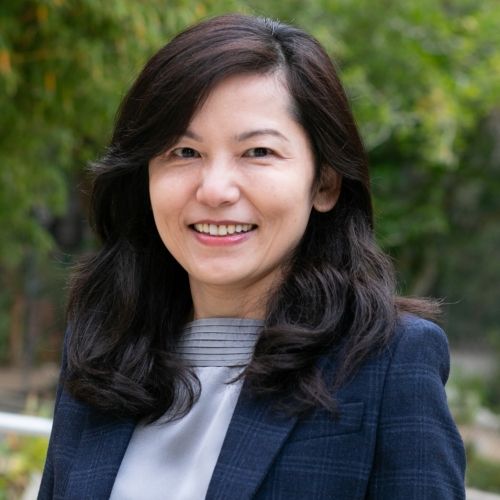
Associate Professor for Industrial Hygiene and Environmental Health Sciences

Dr. Hankinson is a Distinguished Professor of Pathology and Laboratory Medicine, and of EHS, and Chair of the Molecular Toxicology IDP

Industrial Hygiene & Analytical Chemistry



